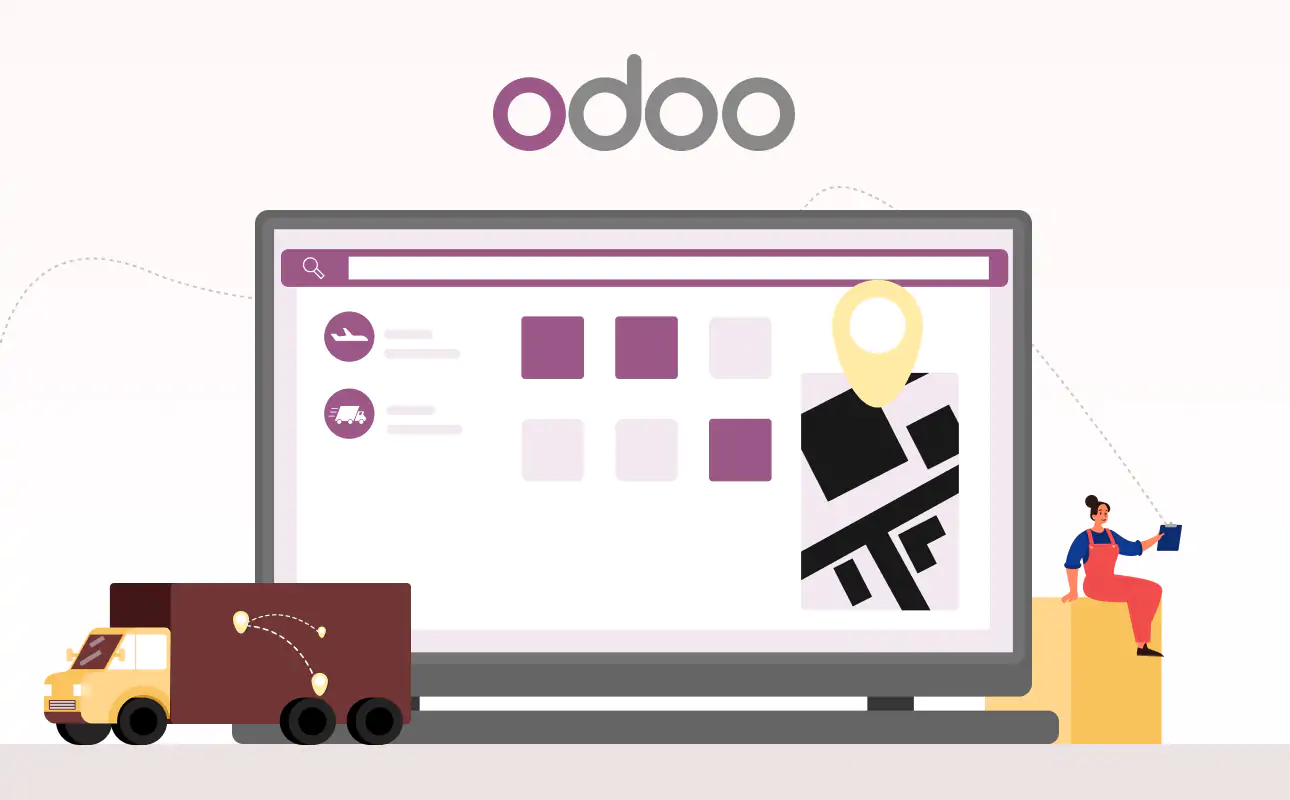The logistics industry in Indonesia has experienced rapid development in recent years. One of the main factors driving this transformation is the increasingly widespread adoption of technology. In this blog, we will explore the role of technology in changing the face of the logistics industry in Indonesia, including its impact on operational efficiency, transparency, integrated supply chain and enhanced customer experience.

A. Automation and Optimization of Operational Processes
Technology has enabled the automation and optimization of operational processes in the logistics industry. An example is the use of a transportation management system (TMS) that integrates ordering, monitoring of shipments and selecting the best route. By leveraging this technology, logistics companies can increase efficiency, reduce human errors, and speed up response times to customer requests.

B. Accurate Real-Time Tracking and Inventory Management
In the digital era, real-time tracking and accurate inventory management are key in the logistics industry. Technologies such as the Internet of Things (IoT), barcodes, and RFID (Radio Frequency Identification) allow constant monitoring of goods throughout their journey. This helps logistics companies to provide better visibility to customers, reduce lost or damaged goods, and increase customer satisfaction.

C. Use of Analytics and Big Data for Decision Making
The use of analytics and big data has become an important element in the logistics industry in Indonesia. By collecting and analyzing operational data, logistics companies can gain valuable insights into demand trends, fleet performance and the selection of effective logistics partners. With this knowledge, they can optimize their operations, reduce costs and make smarter decisions.

D. Implementation of E-Commerce and Integrated Solutions
The development of e-commerce has brought about significant changes in the logistics industry in Indonesia. Logistics companies have had to adapt to the increasing volume of online orders and the need for fast delivery. In this case, technology plays an important role in connecting e-commerce systems with integrated logistics solutions. Using a platform such as Odoo, SAP or a warehouse management system (WMS) allows for efficient ordering, shipping and tracking processes.

E. Increase Customer Experience
Technology has also played a role in enhancing the customer experience in the logistics industry. Mobile applications, customer portals and real-time notifications allow customers to easily track their shipments, communicate with logistics companies and access important information. By providing a better customer experience, logistics companies can build trust, increase loyalty and create a satisfying experience.
The development of the logistics industry in Indonesia is inseparable from the important role of technology in changing its face. From the automation of operational processes to the use of analytics and big data, technology has brought efficiency, transparency and ease to the logistics supply chain.
In the ever-evolving digital era, logistics companies that are able to adopt and make good use of technology will have a strong competitive advantage. Thus, the logistics industry in Indonesia will continue to grow and become more adaptive, efficient and responsive to customer needs.

For example, Odoo enables logistics companies to efficiently manage orders, track shipments, and optimize inventory management through order management, shipping, and warehouse management modules. With Odoo's stock tracking and inventory management features, logistics companies can monitor inventory in real-time, avoid shortages or excess inventory, and ensure on-time delivery to customers.
In addition, Odoo facilitates strong integration in the logistics supply chain through its supplier-management and contract management modules. This integration ensures information transparency, real-time monitoring and efficient coordination between logistics companies, suppliers and other business partners. With in-depth reporting and analytics via the Odoo module, logistics companies can deeply analyze operational data, identify trends and optimize their operations.
Through Odoo's role in the logistics industry in Indonesia, logistics companies can improve operational efficiency, increase transparency, integrate supply chains and provide a better customer experience. With the adoption of technologies such as Odoo, the logistics industry in Indonesia continues to grow and become more adaptive, efficient and responsive to customer needs.